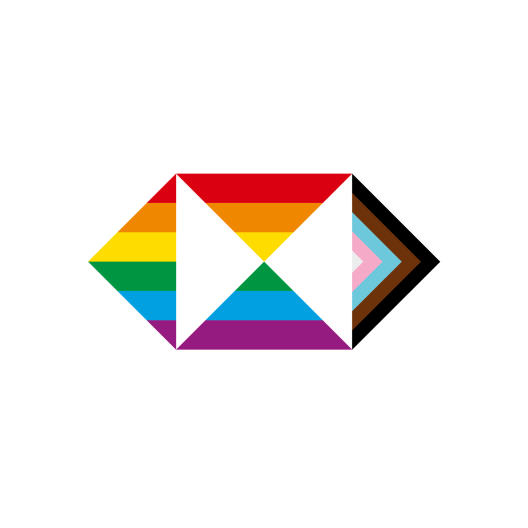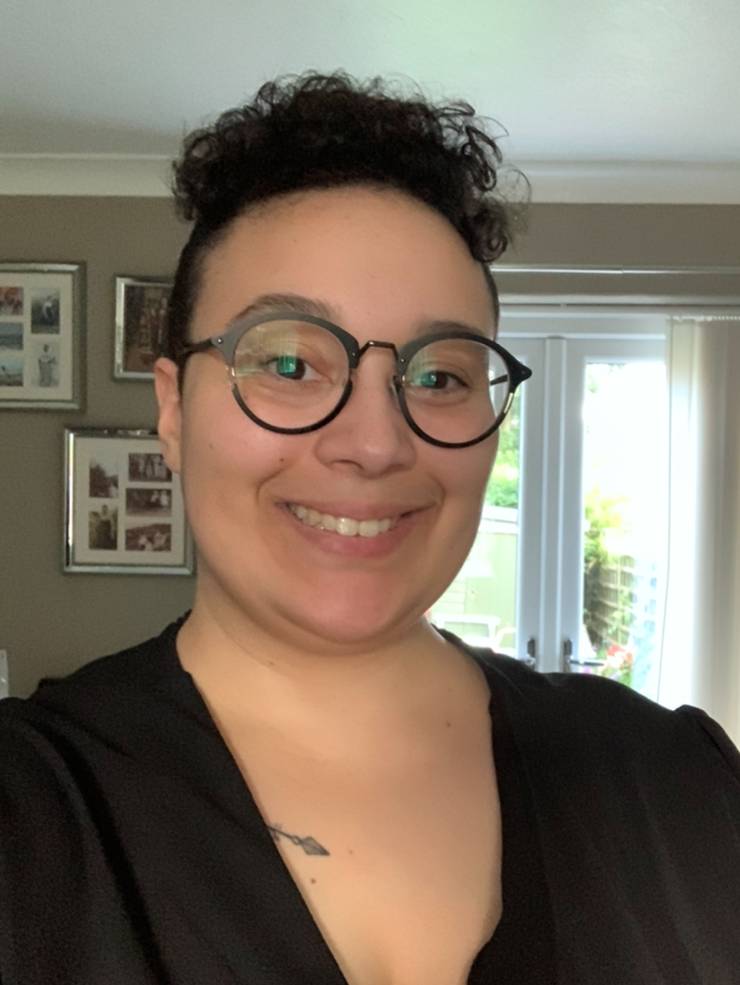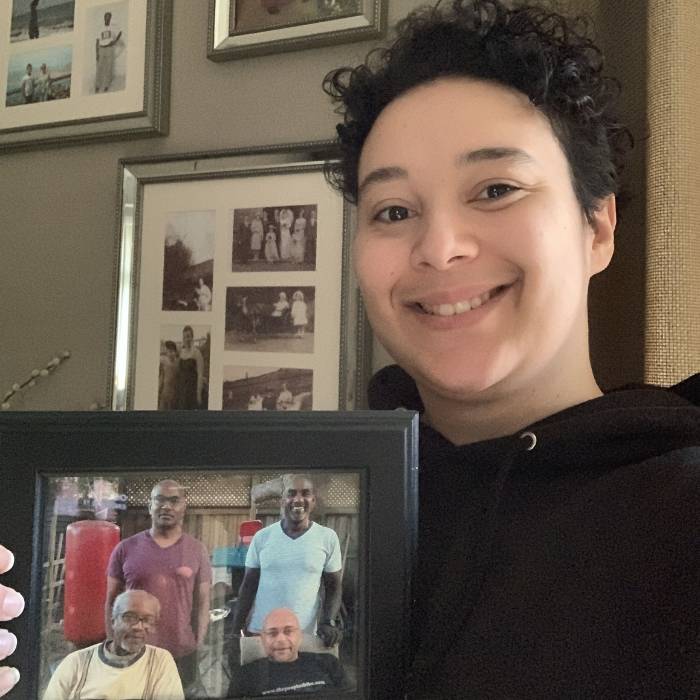
Black History Month: Ella Birkby on the Importance of Embracing Intersectionality
Interviews
We spoke to Ella Birkby, Distribution Manager - Strategy and Planning at HSBC, to hear her thoughts on the importance of learning about Black history and how she found community at HSBC.

Hi Ella! Thanks for chatting to us. Can you tell us a bit about your role at HSBC?
I’ve worked at HSBC for five years now. I started my career in our Branch Network before taking the opportunity to move into Strategy and Planning for our frontline teams. My role includes producing communication strategies for various projects within my department, organising events, and supporting logistics on location during said events.
"
What was your experience learning about Black history in school?
Throughout my school and college
experience, I was never taught anything about Black history or anything other
than standard white British history – the World Wars, the bubonic plague, the
Tudors, 1066 etc. I learned Black history through osmosis from TV, books, and
movies until university, where I took a module on slavery in America. While it is an important topic, it’s a sad truth that most people’s exposure to Black
history will only be through the lens of slavery rather than any of the
massive contributions that Black people have made to society.
I think learning about Black history in school would have been massively impactful for me, often school children are presented a whitewashed and empire-positive outlook during history lessons, but by presenting a more inclusive and honest version of history to children from an early age, we allow these children to discover their own interests early and see themselves reflected in history.
"
Why is it important that this month
includes Black LGBTQ+ people from across history?
Black History Month is supposed to
celebrate all Black people, and that inherently includes those who are part of
the LGBTQ+ community. The history of LGBTQ+ people is sparse before the 1960s,
particularly for those of Black heritage.
Embracing intersectionality is important as
there are many facets to each person’s identity. Someone who is both Black and
LGBTQ+ may resonate more with the LGBTQ+ label, so we must make sure that an
inclusive environment is created for them and they don’t feel as though they
have to prioritise one aspect over the other.
What is your experience working at HSBC
as a Black heritage LGBTQ+ person?
Being a Black heritage LGBTQ+ woman puts me at a disadvantage in society. I feel that this is accurate to working at HSBC as well. While the company has made a greater effort towards Diversity, Equity, and Inclusion (DEI) in recent years, I know there's much further to go, I don't see enough people at the top of the bank that look like me.
In my career I have experienced more
diversity when I moved away from the frontline into a support role. However, I have
rarely experienced any bigotry from colleagues, primarily any racism or
homophobia would come from customers, a reason I wanted to move out of our
retail area. The team members I have in my current role are very aware of the
importance of inclusion, and because of the diversity of the team, we can
receive a wide range of ideas and feedback on our projects.
I have found that the best way to see people like you is to engage in our Employee Resource Groups. These are run by people who are truly passionate about diversity in HSBC and are often colleagues pushing for changes in policies and procedures. As part of the Pride ERG, I can see the difference that I make, I can see people like me. But those who aren’t engaging in these activities outside of their role may not see these efforts. I would ask anyone in the bank who feels like they’re alone in their area to reach out to the Pride or Embrace ERG to see how they can get involved.

Who are your Black LGBTQ+ role models?
I have a couple! First is John Amaechi. I’m
a big basketball fan, but of course, I’m aware of the level of homophobia that
exists in the sport. Amaechi came out in 2007, after his retirement from the
NBA, but the impact was huge.
Next is Phill Wilson, the founder of the
Black AIDS Institute. I wrote my dissertation on the impact of the AIDS crisis
on the gay pride movement, and a big part of it was around the
intersectionality of being Black, LGBTQ+, and HIV positive. I really respect
Wilson for the level of activism he maintained in a time of uncertainty and
grief.
Do you have any favorite films/shows for learning about Black history?
A film I really love is ‘Glory’. It’s about
one of the first-ever African-American regiments in the Union Army during the
American Civil War. I’m not typically a historical fiction person, but I found
‘Glory’ really impactful.
I would also recommend the ‘Witness
History: Black History’ podcast. It has 10-minute episodes featuring people who
were there to witness historic moments in Black history, such as the Windrush
arriving, NASA’s Black women and London’s first black policeman. It’s a really
cool podcast and comes in easy, bite-sized chunks.

